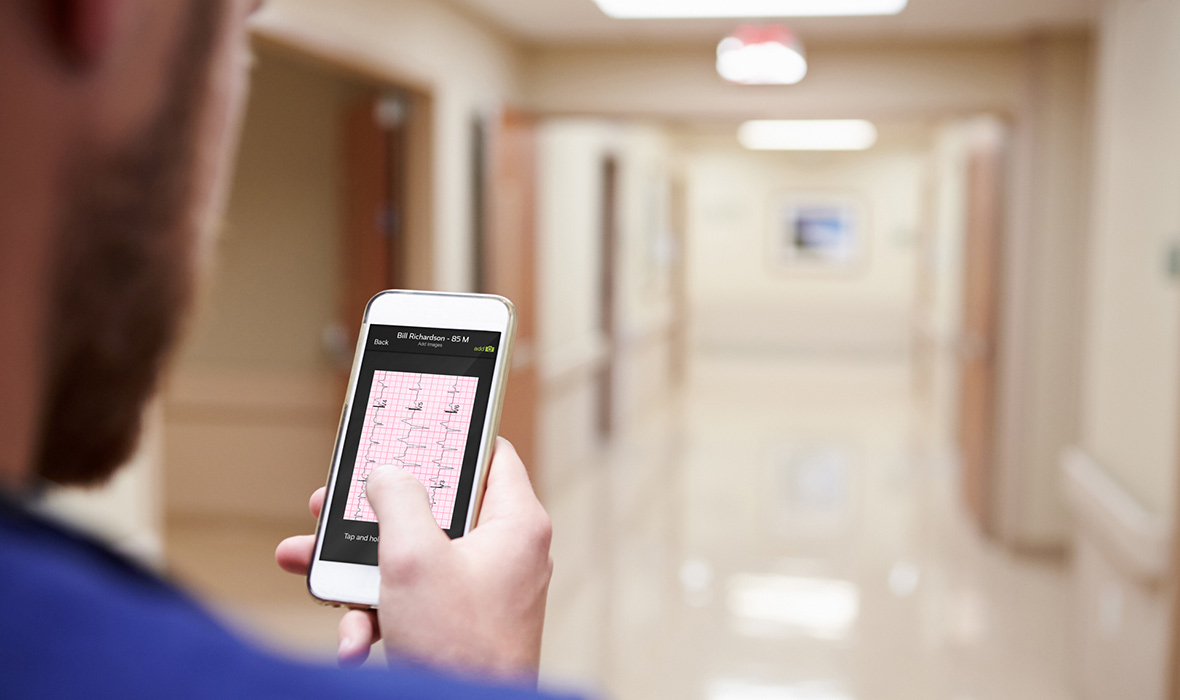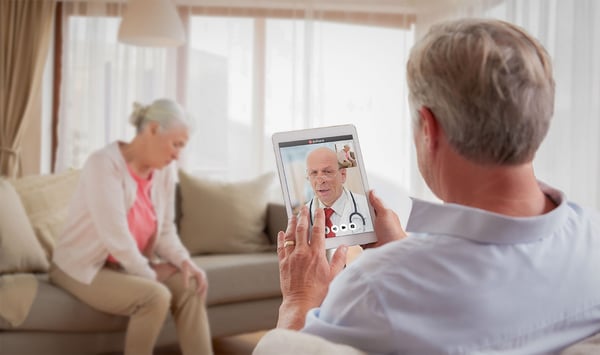Pulsara Around the World - February 2026
January Recap The start of 2026 was on the slow side for our events schedule, with our team heading to the Florida Fire & EMS Conference, the...

I grew up and lived most of my life in a very rural area. The majority of my EMS and ED nursing experience comes from rural settings, including a few years in a small critical access hospital. I was the only nurse in the 5-bed ER on night shift. We even locked all the doors to the hospital, and if someone presented to the ER for care, they had to ring a doorbell so I could let them in. No really—we did.
My, how times have changed with technology and medical advances. The recent COVID-19 crisis has affected virtually every healthcare professional in some form or fashion, and has potentially changed healthcare forever. Telemedicine has emerged to the forefront as a valuable option for providing care: both acute and chronic, in person, and remote. It’s gone from being a distant future option hidden behind miles of red tape to being one of the hottest topics in healthcare today.
 So how could a rural community utilize telemedicine? Barriers like cost, connectivity, and technology have long stood in the way. But thanks to mobile technology, all those obstacles have mostly been eliminated. Platforms like Pulsara offer rural hospitals a way to connect with their patients remotely, help care teams communicate efficiently, and consult with larger facilities easily. Services like FirstNet and Allerio have greatly improved connectivity for first responders, making sure that mobile technology works even in areas where service is spotty.
So how could a rural community utilize telemedicine? Barriers like cost, connectivity, and technology have long stood in the way. But thanks to mobile technology, all those obstacles have mostly been eliminated. Platforms like Pulsara offer rural hospitals a way to connect with their patients remotely, help care teams communicate efficiently, and consult with larger facilities easily. Services like FirstNet and Allerio have greatly improved connectivity for first responders, making sure that mobile technology works even in areas where service is spotty.
Telemedicine is also becoming more common in emergency response. EMS can use telehealth platforms to virtually consult the ER or their medical director from the field, in order to receive additional input on the best treatment option for the patient. Having hospital clinicians provide treatment and transport direction is becoming more accepted as standard care.
But there are many more scenarios where telemedicine can be beneficial in rural areas. One of the most important things that telemedicine can offer to rural communities is its ability to foster and build the patient’s connection with their rural health clinic or health department. Telehealth can help provide accessible care to patients who need medical attention, but either can’t or are afraid to go to their doctor. It can enable primary care physicians and ER staff to do follow-up care with patients who have been discharged, and even conduct routine check-ups where the patient can stay home. Some home health and hospice visits can be conducted virtually, too. At my hospital, we even had a physician's assistant that contracted with the local jail to provide care to the prisoners. Think about how telemedicine in that setting could save a great deal of time and money by assessing and speaking with patients remotely, instead of having to spend time on site and in transit.

Of course, not all care can be provided remotely. But telehealth can certainly improve the quality of care that rural areas currently administer. With all these possible scenarios, telemedicine holds incredible opportunities for the future.
To learn more about how Pulsara is working for rural hospitals and communities, check out this press release from Missouri’s Poplar Bluff Regional Medical Center.

January Recap The start of 2026 was on the slow side for our events schedule, with our team heading to the Florida Fire & EMS Conference, the...

Recent research shows how Pulsara was successfully leveraged to connect more than 6,000 COVID-19 patients to monoclonal antibody infusion centers via...

At Pulsara, it's our privilege to help serve the people who serve people, and we're always excited to see what they're up to. From large-scale...